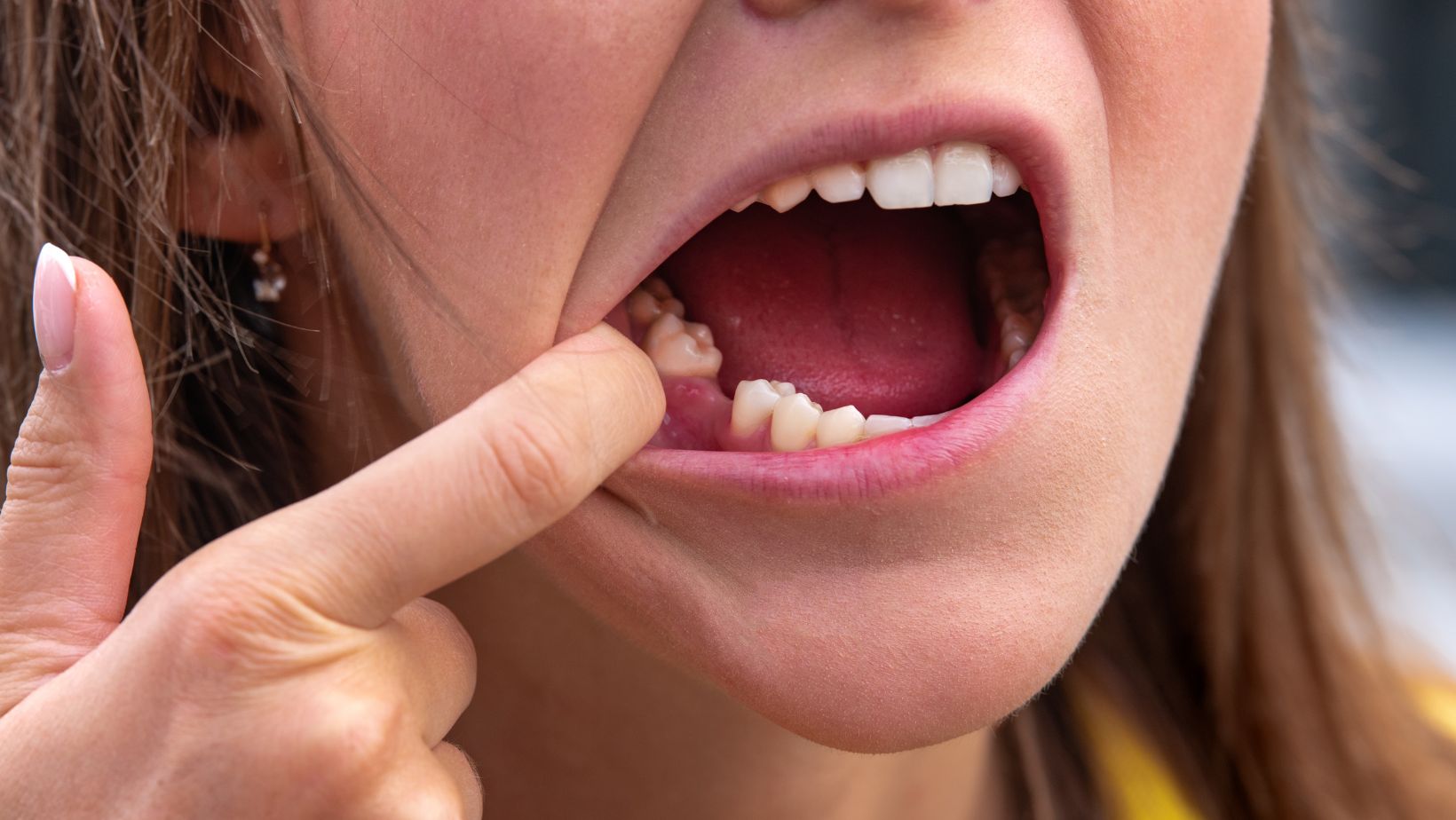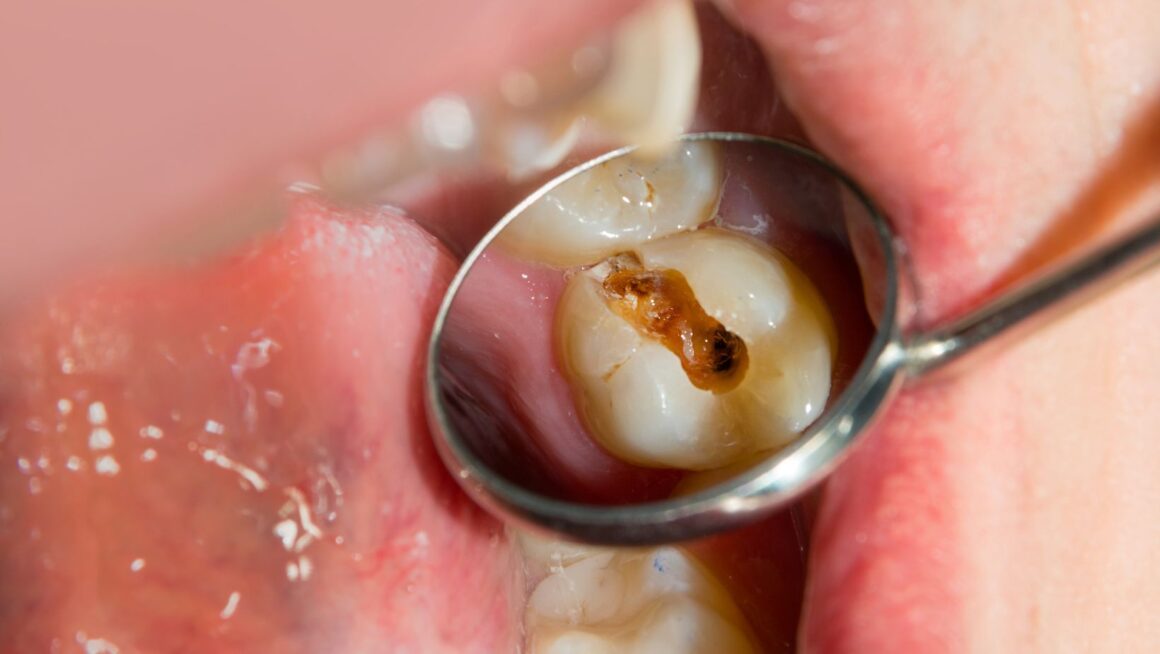
Tooth loss rarely happens overnight. In most cases, it is the result of years of gradual damage caused by gum disease. Periodontitis, the advanced stage of gum disease, is the leading cause of adult tooth loss. What makes it particularly dangerous is that it often begins with mild inflammation or bleeding that people dismiss as harmless. Without timely care, the disease progresses silently, destroying the gums and the bone that support your teeth. The best way to avoid this outcome is to catch the condition early. With proactive care and, when needed, professional gum disease treatment, you can protect your natural teeth and maintain a healthy smile for life.
Understanding Periodontitis
Periodontitis develops when plaque is allowed to accumulate along the gumline. Over time, this soft film of bacteria hardens into tartar, which irritates the gums and triggers inflammation. In the beginning, the damage is limited to redness, swelling, and occasional bleeding, a stage known as gingivitis. If ignored, however, the infection deepens, creating pockets between the gums and teeth. These spaces collect even more bacteria, which gradually erode the jawbone. Once the bone and connective tissue are compromised, teeth begin to loosen and eventually fall out.
Typical warning signs include persistent bad breath, gums that appear to be receding, bleeding during brushing, tenderness, and shifting teeth. While these symptoms may seem mild at first, they are clear indicators that gum health is declining and that immediate action is needed.
Why Periodontitis Causes Tooth Loss
The destructive cycle of periodontitis is gradual but relentless. As plaque turns into tartar, it provides a constant supply of harmful bacteria. The gums respond by pulling away from the teeth, which only creates more room for bacteria to thrive. As the infection spreads deeper, it begins attacking the bone that anchors the teeth. With less support, teeth eventually lose their stability. This slow breakdown is why dentists stress the importance of not waiting until discomfort becomes severe before seeking help.
The Importance of Early Management
The encouraging news is that periodontitis can be managed effectively, especially in its early stages. Dental experts recommend deep cleaning procedures such as scaling and root planing, which remove hardened deposits beneath the gumline and allow the tissue to heal. Just as important is what you do at home. Daily brushing with a soft-bristled brush, careful flossing, and the use of an antimicrobial rinse help keep bacteria under control.
Lifestyle choices also play a significant role. Smoking, for instance, drastically reduces blood flow to the gums and doubles the risk of disease progression. Quitting has immediate benefits for gum health. Diet is another factor often overlooked. A menu rich in vitamin C, vitamin D, calcium, and omega-3 fatty acids strengthens gum tissue and bone, reducing inflammation and supporting healing. Finally, maintaining control of conditions such as diabetes can make a dramatic difference in preventing the advancement of gum disease.
The Consequences of Ignoring Periodontitis
Periodontitis does not confine itself to the mouth. Untreated gum disease has been linked to serious systemic health problems, including heart disease, complications with diabetes, and respiratory issues. For some, the first noticeable consequence may be a loose tooth, but by then, significant damage has already occurred. The progression from bleeding gums to tooth loss can take months or years, but once bone is destroyed, recovery becomes far more difficult.
A Simple Calculation To Understand the Risk
Plaque hardens into tartar within just forty-eight hours. Imagine you skip a thorough cleaning twice each week. That equals eight missed opportunities per month for tartar to develop.

Over the course of a year, that’s ninety-six separate chances for bacteria to harden, irritate the gums, and slowly begin eating away at the bone. Small lapses, repeated consistently, create the perfect environment for tooth loss.
Final Thoughts
Tooth loss caused by periodontitis is not inevitable. When the disease is identified early and managed carefully, gums can recover and bone loss can be prevented. Consistent oral hygiene, healthier lifestyle habits, and regular dental visits form the foundation of prevention. Once damage becomes advanced, the options are limited, but timely intervention offers lasting protection. Clinics such as Nuffield Dental emphasize preventive strategies, providing patients with the tools and care they need to stop gum disease from advancing and to keep their natural teeth intact.
Your teeth are meant to last a lifetime. By managing periodontitis early, you not only protect your smile but also safeguard your overall health.
Frequently Asked Questions
Can Periodontitis Be Cured Completely?
While it may not always be completely cured, it can be controlled. With early detection and consistent care, the disease can be halted, preventing further damage.
How Quickly Does It Lead To Tooth Loss?
The timeline varies from person to person. For some, untreated periodontitis can lead to tooth loss within a few years, while others may retain their teeth much longer if they take early action.
Is the Damage Reversible Once Teeth Loosen?
Unfortunately, once teeth become loose due to bone loss, the process cannot be reversed naturally. However, treatment can preserve the remaining teeth and stabilize oral health.
Does Periodontitis Always Cause Pain?
Not necessarily. Many patients feel no discomfort until the condition is advanced. This is why regular dental visits are crucial for catching the disease early.
Can It Be Spread To Others?
Yes, the bacteria responsible for gum disease can be transferred through saliva, which means family members should also prioritize good oral hygiene.











